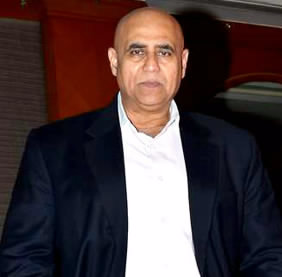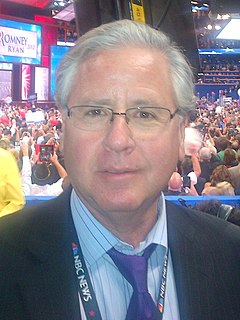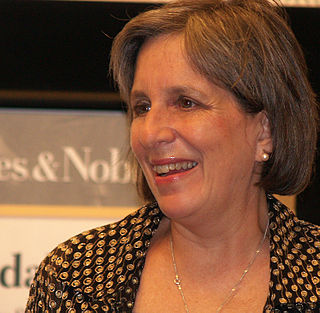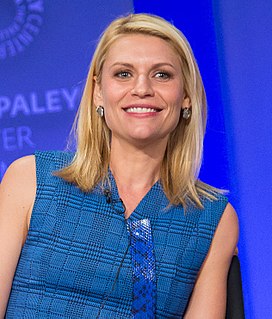A Quote by Puneet Issar
In the heady days that followed the success of 'Mahabharat,' I was young, vain and didn't care much about the story. But in the next two decades, I read a lot on the epic.
Related Quotes
'The Sword of Shannara' is about two brothers who find themselves on an epic quest to save humanity. It borrows from 'Lord of the Rings' but is still original in its own right. I read it in three days, then reread it, then went out and found every single book Terry Brooks ever wrote, and read all those.
I'm struggling with what is epic. People decided I was epic - if by epic, do you mean a big, heavy book? 'David Copperfield' is a big book - is it epic? Amount of time covered, length, drama, or story - that's the real appeal - if the story is long you have a better chance of becoming more connected.
I think Trump wanted to use his 2016 campaign to basically say to a lot of folks that liberals hate you. And we have to show a bolder economic plan than we have before, one, I think, that needs to be focused on jobs, that communicates to those voters that we do care, that we care as much about their success as any other success, anyone else's success.
Say you have a headline like "Mountain Bike Stolen," and then you read the story, read another story about it the next day, and then the next week, and then the next year. News is a process of expansion, the filling in of detail, and making narrative connections - not based on chronology, but based on features of the story. There are narrative connections made between props, between characters, between situations, and so forth.
I didn't even know a heart could beat so loudly...it reminds me of an Edgar Allen Poe story we had to read in one of our...classes...it's supposed to be a story about guilt and the dangers of civil disobedience, but when I first read it I thought it seemed kind of lame and melodramatic. Now I get it, though. Poe must have snuck out a lot when he was young.
In junior high I read a lot of Stephen King, whose Americana approach to writing was often about "the terror next door" and at the same time I was reading a lot of Clive Barker, who was on the other end of the horror pendulum: insidious and disturbingly psychological. I found it fascinating how these two authors came at horror from two totally different perspectives.
One day, I was running to the river. Along the way there was the most exquisite butterfly, a tiny little thing, on the pavement. I kind of jumped over it. And then two days later I woke up in the middle of the night with a character running, jumping over butterflies on the streets of Nairobi. After that, I followed the story. The story wrote itself.


































